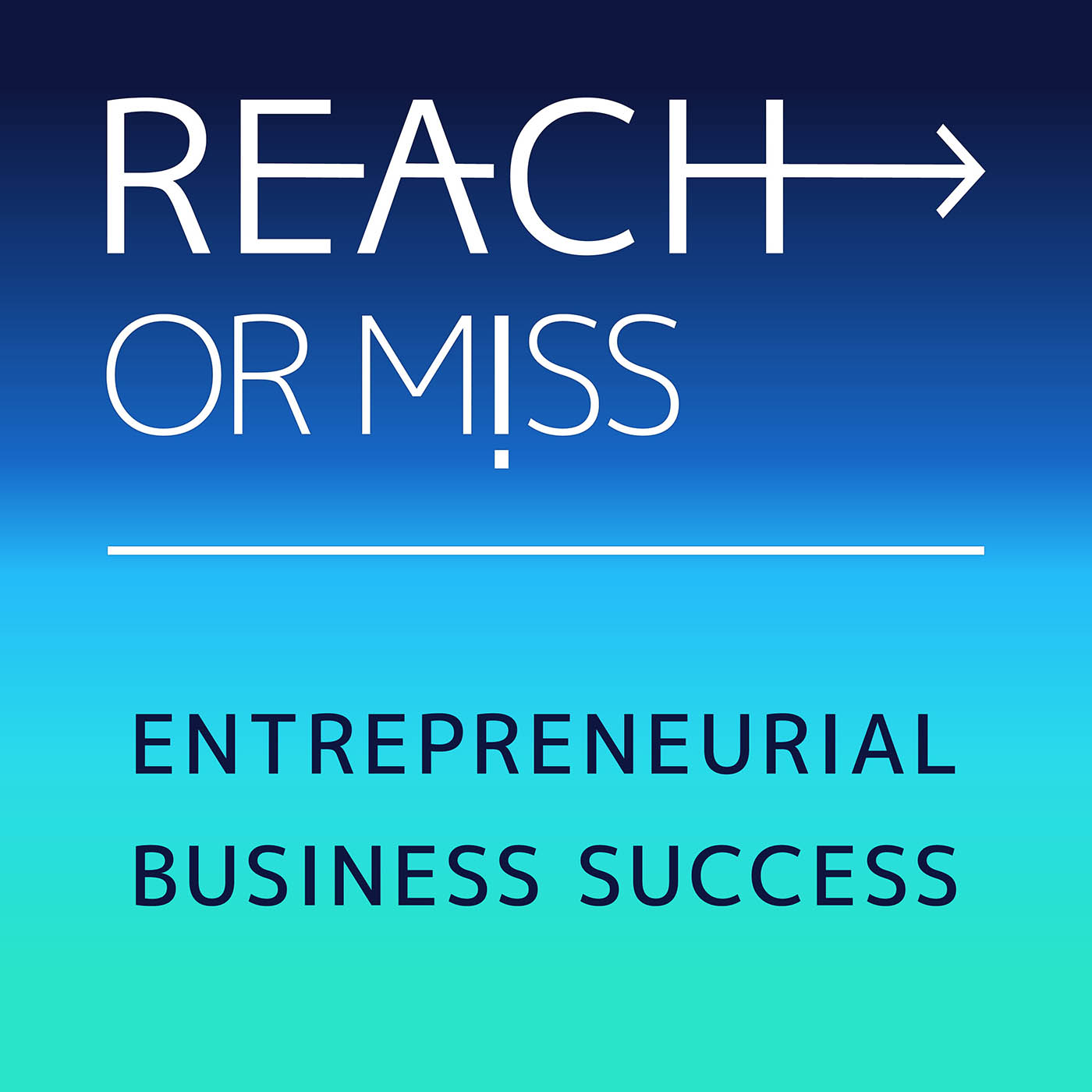 |
Winning with Patents (and IP)Author: Jackie Hutter, Esq.
The vast majority of patents and intellectual property creates zero value for clients, even while these topics increasingly demand the attention of entrepreneurs, innovators, and company leadership. This podcast by award-winning IP Strategy expert Jackie Hutter of HutterGroup.com provides proven and actionable tools to allow business teams to win with patents and IP. Ms. Hutter's practice focuses on assisting early stage and established companies to obtain meaningful patents and other forms of IP. Language: en Genres: Business, Entrepreneurship Contact email: Get it Feed URL: Get it iTunes ID: Get it |
Listen Now...
Season 2: Episode 1 WHY PATENTS FAIL STARTUPS
Episode 1
Tuesday, 5 October, 2021
Startup patents don't fail. Patents fail startups. The reason for this is simple: startups are different from "grown up" companies, and this means that patent strategies used for them also need to be different. Established companies have products and customers. Since they already have customers, they likely have a pretty good idea how to serve them with new and improved products. "A startup is a temporary organization formed to search for a repeatable and scalable business model," as stated by Steve Blank, a thought leader in startup business processes. While established companies are incentivized to develop their products in closed systems, the opposite is true for startups. Put simply, startup leadership has to "get out of the building" and talk to customers. Unless and until the startup has a validated customer that is scalable, the company does not exist as a going concern. And, without customer confirmation that the startup is developing a product from which sustainable revenue will flow, there is no reason to file a patent application. Startups can be expected to pivot multiple times before they become "grown up" companies. This means that any patent applications that are filed must be comprehensive enough to follow these eventual pivots. Notably, the pivot doesn't mean that the technology will change; rather, the pivots result from application of a core technology offering into adjacent markets. This means that the patent application will not address "design arounds" as is the goal with traditional patent advice. By including market optionality in startup patent filings, the startup can go where the customer takes them and obtain patent coverage that aligns with the products for which actual revenue can be realized. Also, the typical focus on "protecting a product" is wrong for startups. A startup does not--and cannot--deploy a business model which diverts revenue needed for product development and customer validation to pay legal fees. Few rational investors would put money in a startup that was going to be allocated to supporting a law firm. Put simply, a startup that is thinking about patent litigation is destined for failure. Since established companies have products that they are delivering to customers, it likely makes sense to enforce a patent against competitors in order to preserve the revenue stream. Patents can nonetheless provide considerable business value to startups for reasons such as enabling strategic partnerships, generating licensing revenue, and enhancing exit value. Unfortunately, most traditionally experienced patent experts have no clue how to adjust their advice to address the unique needs of startup companies, which means that their clients are likely obtaining patents that do not align with their business strategies. And, a patent that does not align with business strategy is worthless. In other words, the patent fails to create value for the startup. In this first episode of Season 2 of Winning with Patents (and IP), Jackie Hutter explains why Patents Fail Startups and provides examples of validated patent strategies that have worked for real startups. Show notes: Steve Blank on Startups Eric Ries on Lean Startup Principles Jackie Hutter on Why Traditional Patent Advice Harms Modern Startups











